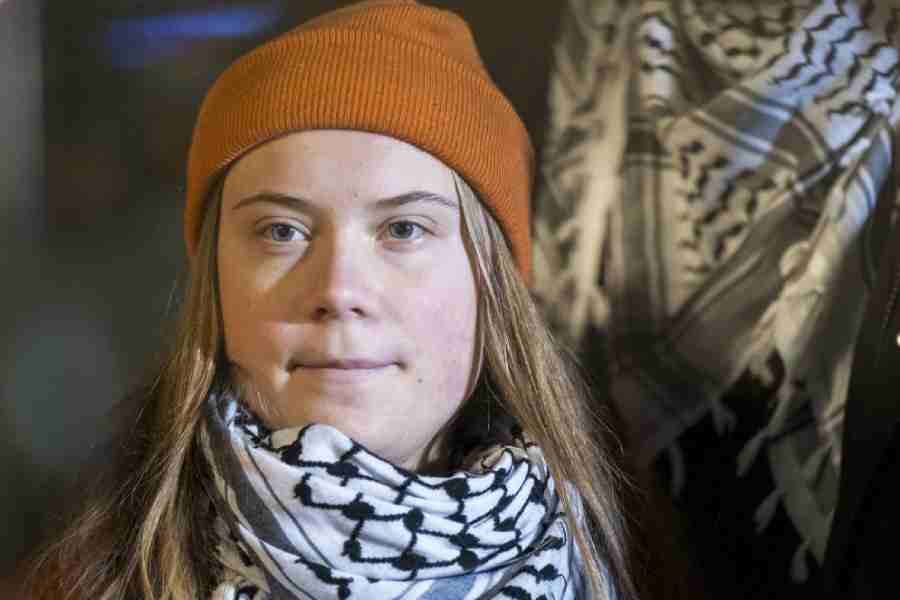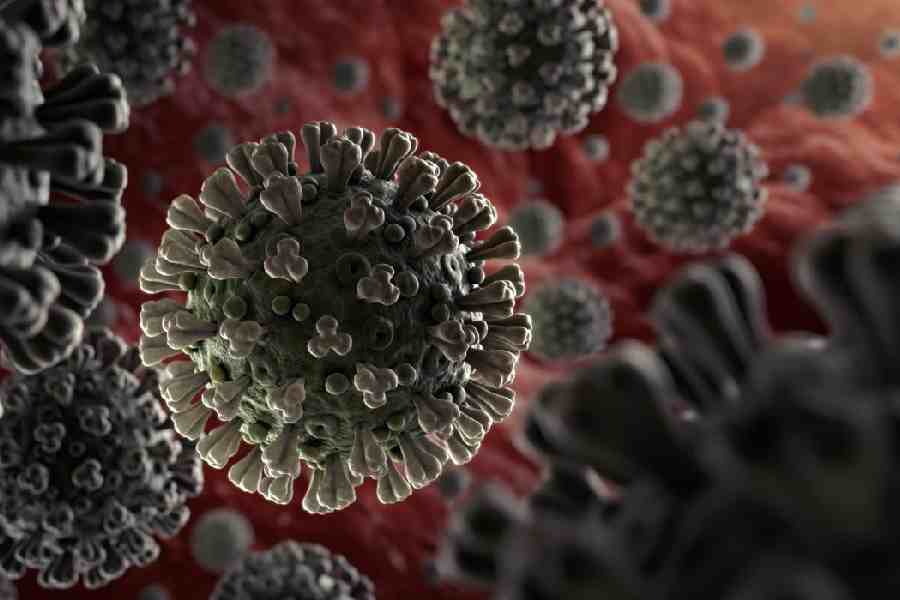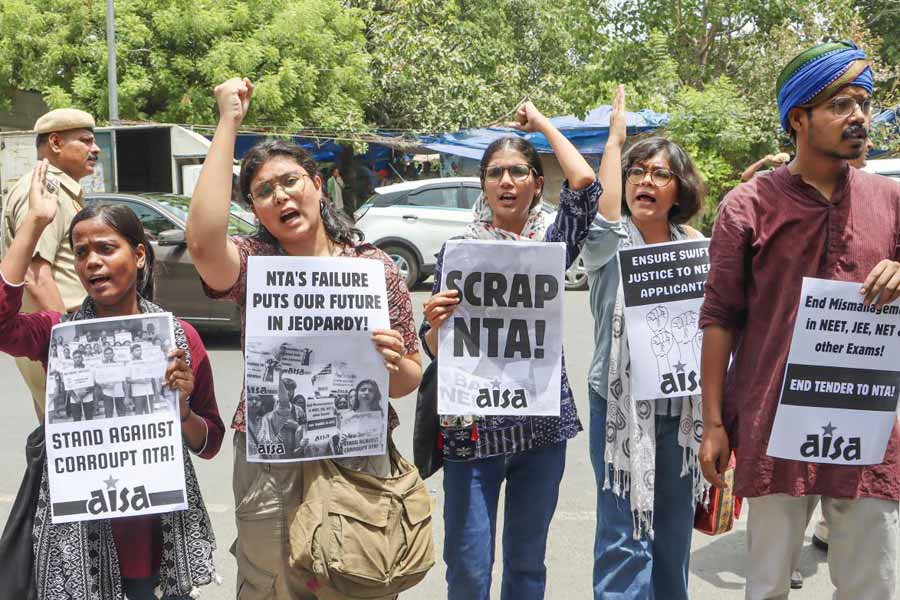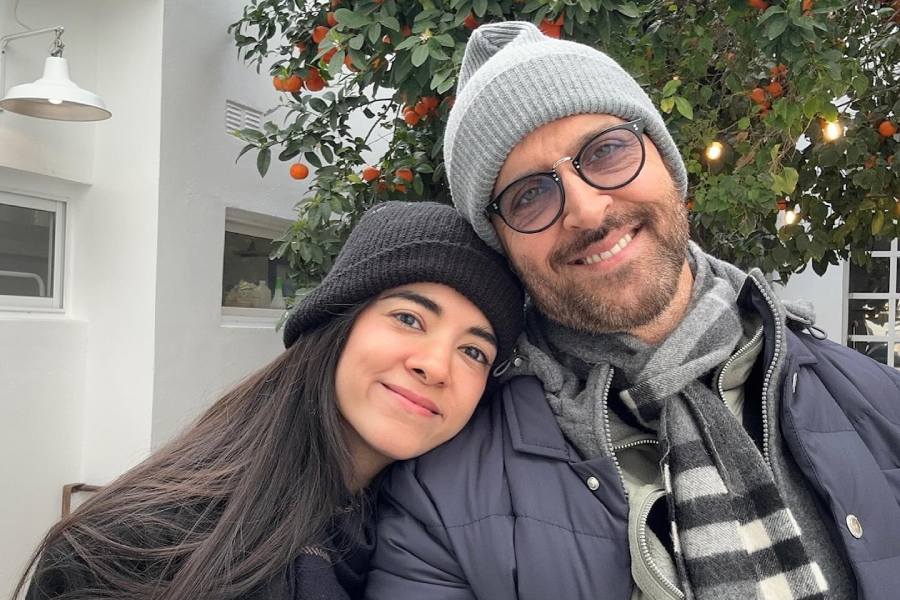It is not unusual to see pictures of a grinning Greta Thunberg being hauled away by the police (often in full riot-gear) pop up on my X-feed every now and then. There is something refreshing about the gung-ho way in which the young Swedish activist responds to being frequently arrested. Consider, for instance, the photograph of a keffiyeh-wearing Greta being escorted away from a pro-Palestine demonstration outside the venue of the Eurovision finale where she had joined other protesters decrying the decision to allow Israel to participate in the contest.
For one as chronically online as I am, it has however become clear that Greta has had a bit of a fall from grace. The poster child for climate activism was once the darling of the media: her climate protests were covered diligently, she was nominated multiple times for the Nobel Peace Prize, invited to speak at the United Nations (where she delivered her speech, accusing world leaders of inaction in the face of climate catastrophe, that went viral) and became the TIME Person of the Year in 2019. It did not hurt that she looked as ‘non-threatening’ as an activist can be: the white, blonde, teenaged daughter of reputable parents speaking out for a cause that could be supported without ruffling too many important feathers. Nobody, to be fair, should have much of an issue with one kid yelling about the need to save trees and cool down the planet. It was safe to endorse Greta, provided she stuck to her plants, grew out of her activism, and eventually went on to co-produce empowering Broadway musicals with liberal politicians hoping to cash in on the ‘girl power’ wave. Of course, such a projection would not have accounted for Greta’s activism maturing and, inevitably, leading to conclusions that see the blood-links connecting the climate crisis with active genocides around the world as the legacies of the twin evils of capitalism and Western colonialism.
Greta’s continuous pro-Palestinian activism has led to some particularly vicious attacks. An article in The Telegraph, UK, by Zoe Strimpel, published in February last year, calls her “a ruffian masquerading as a latter-day saint.” Some may recognise Strimpel as the author of another contentious and widely-criticised article, which insisted that Bridgerton’s Nicola Coughlan, who plays the character of Penelope Featherington on the show and who has been vocal in her support of the Palestinian people, was too fat to be “hot” and plausibly “wi(n) the prince”. Strimpel’s main gripe with Greta is an excellent demonstration of the shift in attitudes towards the young activist: in her article, she patronises Greta’s earlier climate activism as “over-zealous” and “loony” but largely well-meaning and clarifies the crux of the problem as being the fact that “most climate loonies diversify into a more explicit engagement with a wider constellation of nasty, connected ideas” — which in this case, would be Greta’s insistence that there can be no “climate justice on occupied land”.
But Greta’s politics, unlike the admiration of her liberal supporters, has remained steadfast and faithful to a central cause. She has continued to advocate for Palestine, and for the oppressed anywhere in the world, despite the increasingly venomous verbal assaults and threats being directed her way. In October last year, she reiterated that any real climate activist would invariably fight “for a free Palestine and an end to colonialism and oppression all over the world.” Of course, the assertion did not go down well with her detractors. Sky News host Chris Kenny, for instance, deemed it “literally insane… to be talking about colonialism and genocide and climate change and corporatism all wrapped in one.” Unfortunately for Kenny, it actually is perfectly sensible to be talking about colonialism, genocide, climate disasters and corporatism all at once. To think otherwise and deny the obvious connections among these phenomena is, at best, plain ignorance and, at worst, deliberate malevolence. Genocide is not only the systematic and brutal killing of a people as it does not only entail violence inflicted upon flesh and bone. Genocide is the erasure of every last trace of a culture that betrays the very existence of the persecuted. It is the erasure of memory itself. In the case of Palestine, it includes the burning of books, claiming ownership over age-old Gazan recipes, blowing up schools, universities and libraries, bringing down heritage buildings, deliberately targeting children, as well as destroying every semblance of Gaza’s past, present and future. Genocide aims at the heart of a community. It seeks to destroy the community’s very spirit. Every culturally significant object that is tied to a people’s identity becomes a target. It must, therefore, also include the deliberate and systematic destruction of the land which the Gazan people call their own.
In the past year, 75% of Gaza’s olive trees have been destroyed. For Gazans, the loss is irreconcilable: it is well-known that the olive tree is a symbol of Palestine itself. Israel has, for far longer, been weaponising the environment to drive indigenous Palestinians out of their native land: the Yatir Forest in Israel, for instance, is an artificial forest in a desert and an environmental catastrophe that enables the displacement of native tribes in the area via afforestation. Israel’s campaign has laid to waste Gaza’s water sources, contaminated farmlands, and poisoned both air and soil in an attempt to starve Gaza into submission. An article in The Guardian in March suggested that 38%-48% of tree cover and farmland had already been razed to the ground. Continuous bombardment, ground invasions, deliberate uprooting of orchards and crops, and toxins in the water, air and soil have rendered Gaza uninhabitable for its population. What is happening here is a climate disaster of untold proportions. There are enough grounds, experts argue, to classify the extent of the damage as an ecocide.
And there is, therefore, more than enough cause for every kind of activist to turn his/her attention to the hell on earth that is Gaza today. To voice their support for Palestinians and condemn the violence being inflicted upon them. To stand on the right side of history.
Right next to Greta Thunberg.
Sayantani Mukhopadhyay is Assistant Professor, St. Xavier’s College (Autonomous), Calcutta











